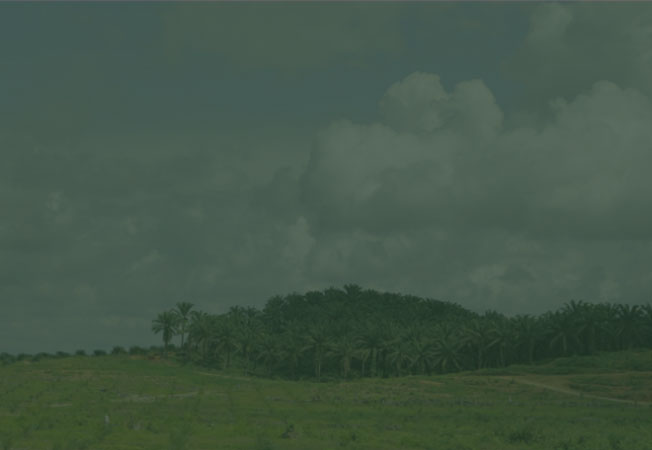Sustainability: Sustainable Development - Smallholder Inclusion


Smallholder Inclusion
Smallholder farmers play a crucial role in Indonesia's palm oil sector, making up 41% of the nation’s oil palm plantations and significantly contributing to the global supply chain. However, many of these farmers face difficulties due to inadequate access to resources, training, and sustainable farming techniques, which adversely impact their productivity and income.
At REA, we the inclusion of all smallholders (Inti, plasma, independent, and local community farmers) in our supply chain. We believe in collective responsibility across the value chain and strive to create an inclusive environment by offering smallholders access to necessary resources, training programs, and opportunities in the global marketplace.
We focus on:
Providing resources, technical support, and sustainable GAPs to improve livelihoods foster inclusive growth.
Supporting smallholders in achieving sustainability certifications and global requirements such as RSPO as well as EUDR compliance.

Training and Capacity Building
In order to boost the productivity and profitability of smallholder farmers, REA works in partnership with the SNV Netherlands Development Organisation. Together, they offer comprehensive training through a ‘train-the-trainer’ approach which includes:
- Sustainable Good Agricultural Practices: techniques for improving oil palm yields and fruit quality, such as optimised fertiliser use, effective pest management, and sustainable cultivation methods.
- Cooperative Management: Strengthening the organisational capabilities of smallholder groups to enhance governance, promote transparency, and improve operational efficiency.
Trained experts then pass on their knowledge to others, ensuring knowledge reaches more smallholders within the supply chain.
Key Outcomes
Assisting smallholders in meeting sustainability standards to gain market access and premium pricing by providing:
- Training on Sustainability Standards: Comprehensive training sessions on RSPO principles, covering sustainable agricultural practices, human rights, and environmental protection.
- Documentation Support: Assisting smallholders in preparing the necessary records and evidence to meet certification requirements.
- Auditing and Certification Process: Facilitating third-party audits to verify compliance with RSPO standards.
Key Outcomes
- In 2024, 22 cooperatives were engaged in certification efforts across multiple villages in the Kutai Kartanegara district successfully obtained RSPO certification for their cultivation across 588 hectares.
- By 2023, an additional 19 smallholders covering 136 hectares submitted for RSPO certification.
